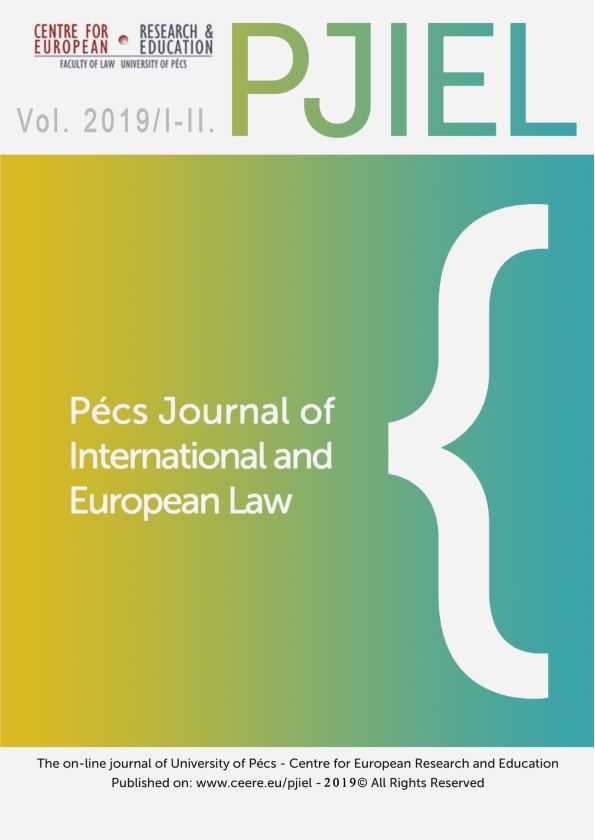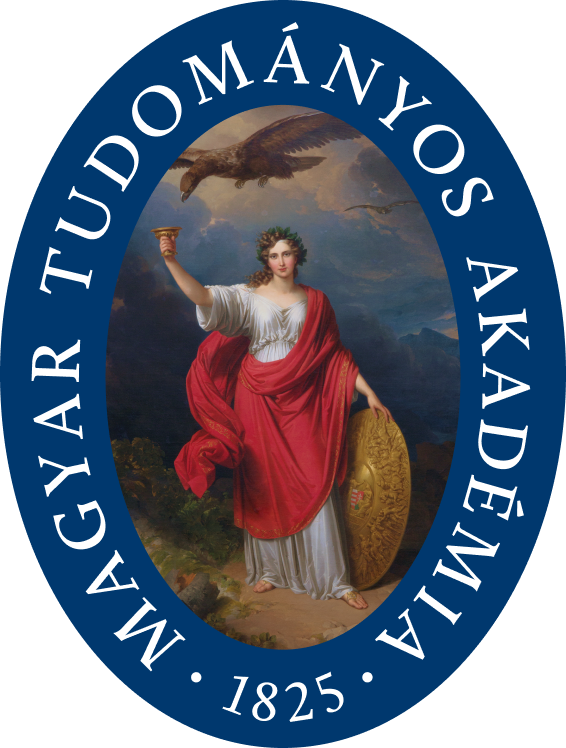Which is the Lie: The Mask, or my Face? The Theory of Lex Mercatoria, an ‘Autonomous’International System in Dis- guise
Keywords:
Lex Mercatoria, sources of international business law, sources of international commercial law, commercial arbitration, list method, functional method, European Union, rule of law, commercial litigation, soft law, transnational lawAbstract
Commerce and trade are fundamental activities of our society. The moment we started trading with each other was so impactful, that the author considers it the most important revolution in the history of mankind. Time flew by, and as our society and existence developed and reached more sophisticated forms, trading developed accordingly and became more and more elaborate and interdependent, thus more complex as well. The power keeping balance in society is law itself, therefore, in order to keep trading activities under control, there was a need for a specific branch of law administering trade, which, by time, became more and more international. One of the essential questions regarding that specific branch of law was the problem of its sources – if there are solu- tions, we need to find their origin and implement them, and if there isn’t any, we need to come up with these solutions. One possibility was an idea which emerged centuries ago, probably drawing its influence from Roman law1. Lex Mercatoria – the law of the merchants. It is highly contested nowadays whether it is a medieval myth or a commonly accepted system, but the debate slowly los- es its relevance. The Law Merchant is a frequently used governing law in international commercial contracts, and also functions as an instrument for settling disputes through arbitration. It is a body of law that emerged from an idea of rules made by merchants for merchants. Let us think about blockchain – a technology highly decentralized –, and we understand the need behind the result. International business is a cooperative game, and the states are progressively interfering players in it. It is not so appealing to play the game by the rules created by certain players themselves. But do we have better alternatives? Lots proclaim that Lex Mercatoria can be one, but after more than 50 years we still do not know how it should work. Is it a list or a method? A method or a list?
Downloads
Downloads
Published
How to Cite
Issue
Section
License

This work is licensed under a Creative Commons Attribution-NonCommercial-ShareAlike 4.0 International License.





